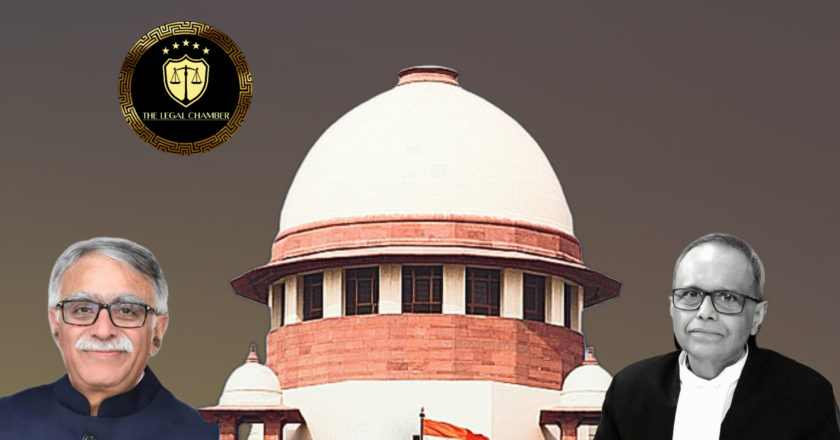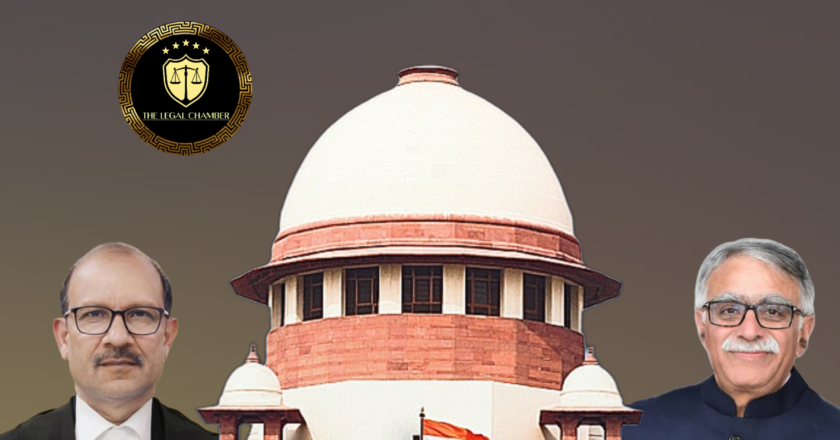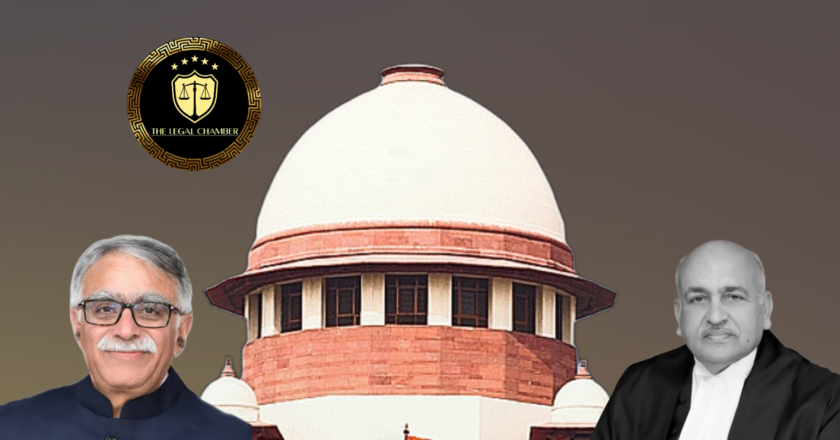Supreme Court Restores Ejectment Decree: ‘ND’ Postal Endorsement Doesn’t Invalidate Notice Under Transfer of Property Act
The Supreme Court held that a notice sent via registered post under Section 106 of the Transfer of Property Act, 1882, is deemed served under Section 27 of the General Clauses Act, 1887, even if returned with an "ND" (Not Delivered) endorsement. The High Court erred in setting aside the ejectment decree by ignoring this legal presumption of service. The Trial Court's decree was restored, affirming the landlord's right to evict the tenant for non-payment of rent and other charges. The judgment reinforces the principle that proper dispatch of a registered notice fulfills statutory service requirements unless rebutted.
Facts Of The Case:
The appellant, Krishna Swaroop Agarwal (since deceased and represented by his legal heir), was the landlord of a property in Hathras, Uttar Pradesh, which ...



